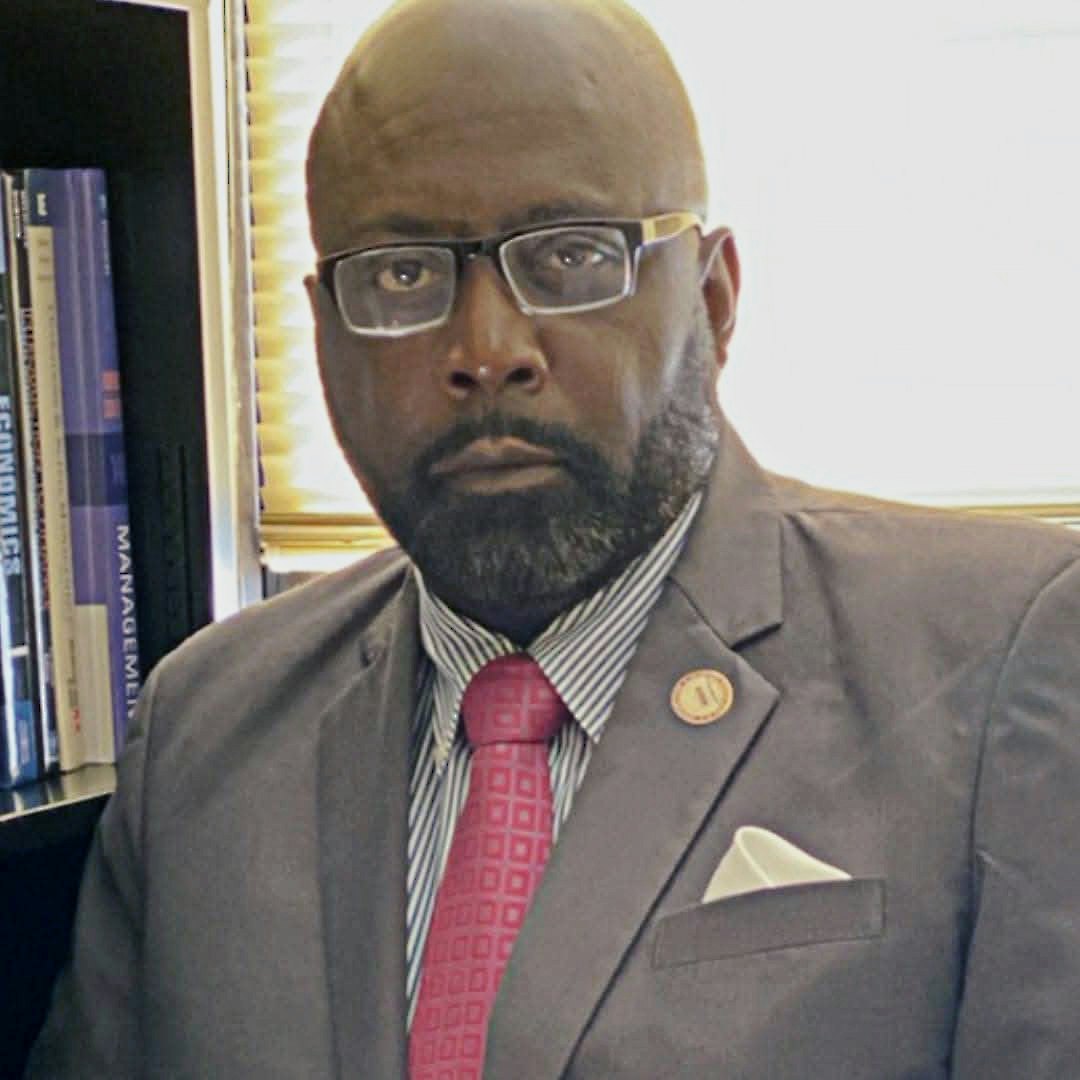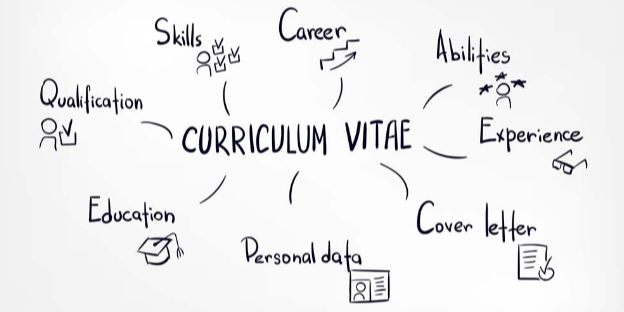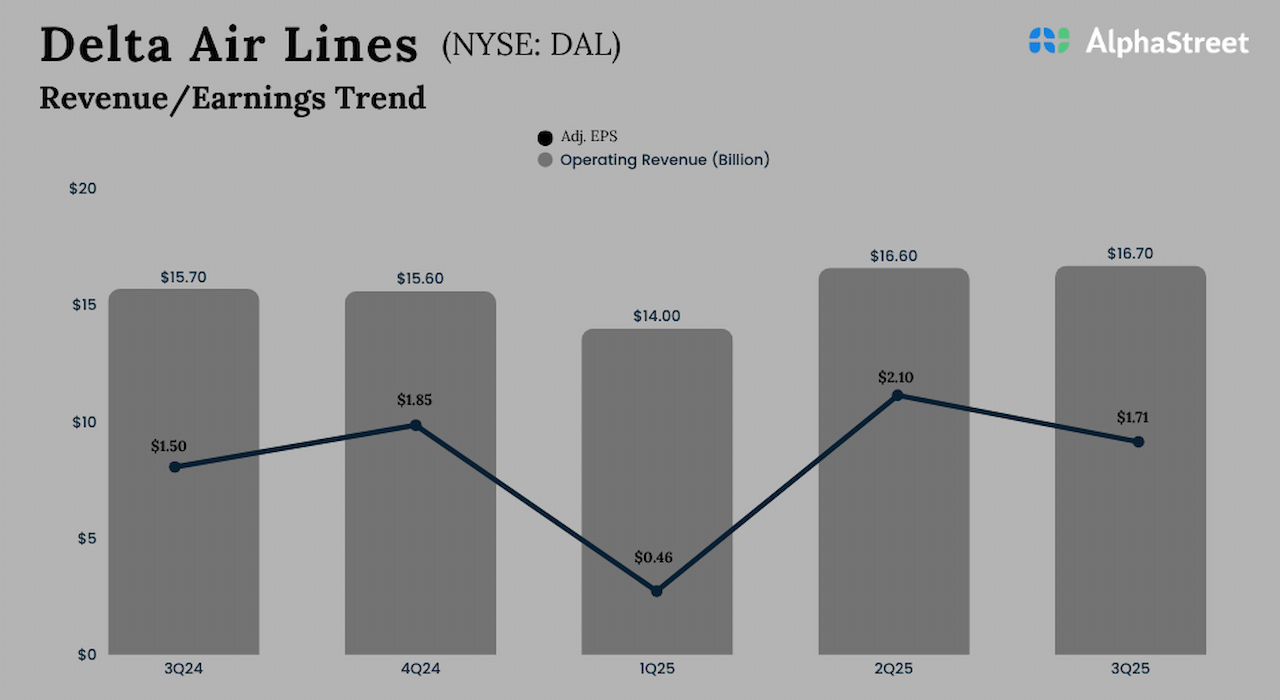Indian students are reshaping the rules of global education. For decades, the story was one of aspiration: families saved and sacrificed for the chance to send their children overseas, driven by dreams of prestige, exposure, and opportunity.
That aspiration remains, but the equation has changed. Today, Indian families are calculating value with the precision of investors. They are asking tougher questions about return on investment.
Will this qualification lead to employability? Will it deliver career outcomes? Will the host country provide the stability and clarity required to justify the immense cost?
The latest findings from Emerging Futures: Voice of the International Student, IDP’s global research program, underline just how stark this shift has become. To be released in its eighth edition at next week’s Australian International Education Conference (AIEC), the research shows that lifestyle and prestige continue to slip down the priority list. Instead, career outcomes dominate. Students and families are weighing cost against return and comparing countries the way portfolios are compared in financial markets.
The turbulence of 2024 made this reality impossible to ignore. A series of proposed policy changes in Australia shook confidence across the Indian market. The details of the policies mattered less than the signals they sent. When families are committing what often amounts to years of household income, even the perception of uncertainty is destabilising. Trust, once unsettled, is slow to repair.
This is the backdrop to next week’s AIEC. The event is not simply another gathering of practitioners. It is the place where the sector confronts the challenges that define our future. Sessions will examine India’s sentiment in the wake of policy debate, explore new models of partnership, and place these issues in the wider context of geopolitical shifts in international higher education. For Australia, these discussions come at a critical moment.
Indian families are calculating value with the precision of investors
The lesson is already clear: perception matters as much as policy. The turbulence of last year damaged confidence not because of the outcomes, but because of the signals.
For Australia, this is both a challenge and an opportunity. We cannot assume that the advantages Australia has relied on, including the reputation for quality, safety, and lifestyle are enough. They are necessary, but they are no longer sufficient. Australia must position itself as the country that not only offers a world-class education, but also delivers clear, consistent pathways to employment, skills, and long-term value. If students believe Australia offers stability and a strong return on their investment, they will continue to choose the country in growing numbers. If they sense uncertainty, they will look elsewhere.
The long game is about building trust that endures beyond election cycles or policy shifts. It is about signalling clearly and consistently to Indian students and their families that Australia values their ambition and will support their journey. It is about deepening partnerships across the education ecosystem to demonstrate that choosing Australia is not just a degree decision, but a life decision that pays dividends.
What gives me confidence is that the fundamentals remain strong.
Demand from India is not slowing. Families are still determined to give their children a global education. The question is not whether Indian students will study abroad. The question is where they will feel confident investing. Australia has every opportunity to be that destination, if it aligns with the value-driven mindset of today’s students and plays the long game.
As we meet at AIEC in Canberra, I’m looking forward to approaching the conversation with boldness. The stakes are high, but so is the opportunity.
If we adapt, if we think strategically, and if we commit to building stability and trust, then we can secure not just enrolments for today, but long-term partnerships for decades to come.





























